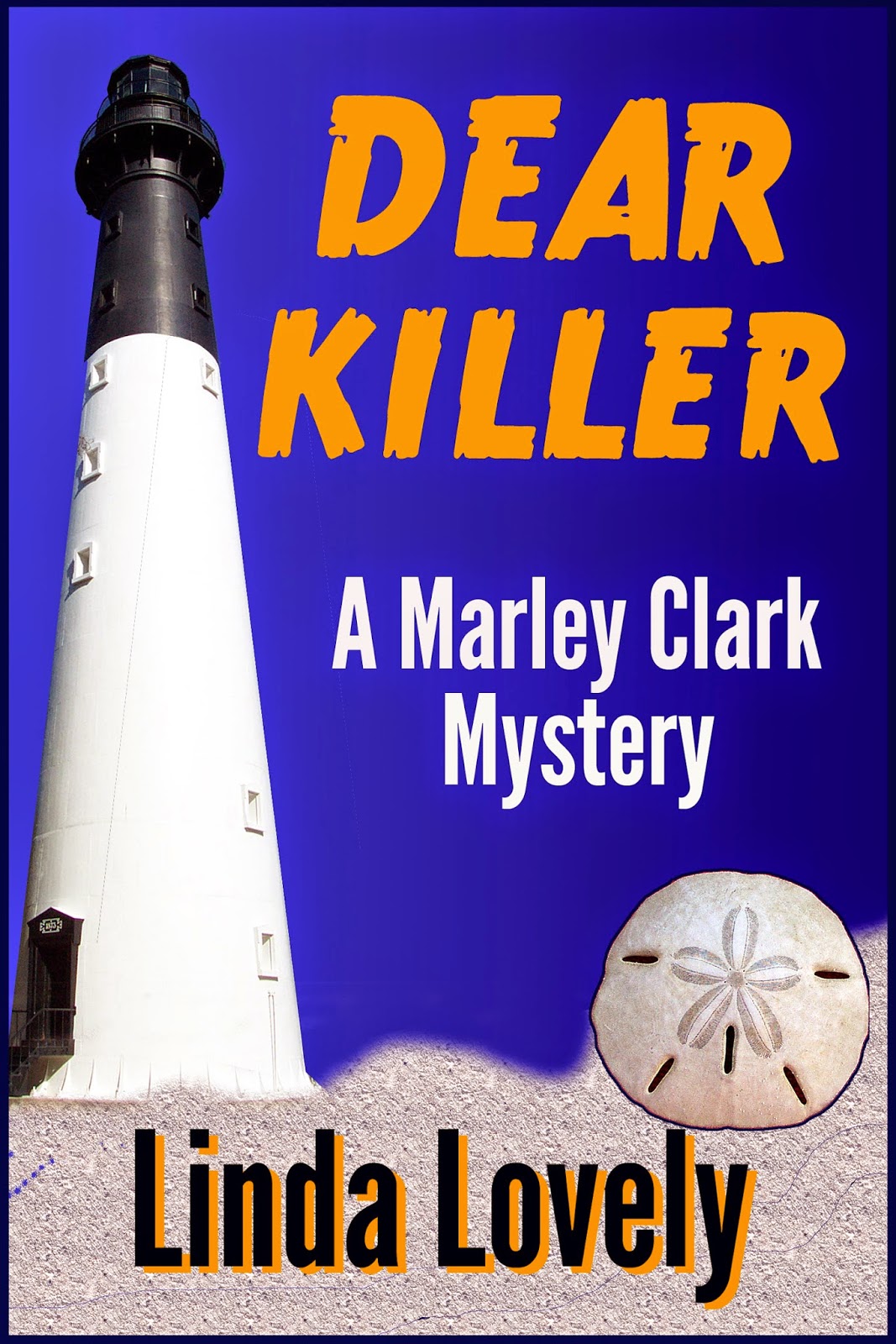My thanks to Marni Graff
(www.auntiemwrites.com) for inviting me to take part in this blog hop. Marni’s mystery
series features Nora Tierney, an American children’s book author living in
England. While contemporary, the series honors classic British mystery
traditions. The three books published to date also give readers a chance to
share the author’s love and detailed knowledge of Great Britain locales. THE BLUE VIRGIN takes
place in Oxford and London, while THE
GREEN REMAINS and
THE SCARLET WENCH
provide a loving look at the Lake District. Marni’s books can be found on
Amazon.com in trade paperback and ebook formats.
It
appears that I have a case of GADD—genre attention deficit disorder. I love to
write (and read) traditional who-done-its, romantic suspense, historical
thrillers and humorous cozy mysteries. I’ve now published--or have
work-in-progress—in all of these genres. This isn’t the smart way to build a
fan base. Conventional wisdom says I should focus in one area and build a brand
so readers know what to expect when they pick up a novel by Linda Lovely. But my
genre-hopping ways help keep my writing fresh, my plotting fun, and my little
mind quite busy. Best of all, I enjoy the variety and the unique challenges
each literary niche represents.
 I
currently have two series. My Marley
Clark Mysteries—DEAR
KILLER
and NO WAKE ZONE—feature a kick-ass,
52-year-old heroine. The widow, a retired military intelligence officer, works
part-time as a security guard on a private island in the South Carolina
Lowcountry. A third book, WITH
NEIGHBORS LIKE THESE, is slated for release late 2014.
I
currently have two series. My Marley
Clark Mysteries—DEAR
KILLER
and NO WAKE ZONE—feature a kick-ass,
52-year-old heroine. The widow, a retired military intelligence officer, works
part-time as a security guard on a private island in the South Carolina
Lowcountry. A third book, WITH
NEIGHBORS LIKE THESE, is slated for release late 2014. 
 My
Smart Women, Dumb
Luck
romantic thriller series follows the action-packed and somewhat steamier adventures
of a trio of friends. The three heroines have special skills and knowledge and
are jump into the fray to help one another whenever loves, lives or reputations
are on the line. DEAD
LINE,
set in Atlanta and Jamaica, focuses on Nexi Ketts, a forensic accountant. DEAD HUNT features Riley Reid,
Director of Security for a university in Upstate South Carolina that’s facing a
terrorist threat. DEAD CURE, the third novel,
begins when Kate Johnson, a researcher, suspects her mentor may be murdering
people for “the greater good.”
My
Smart Women, Dumb
Luck
romantic thriller series follows the action-packed and somewhat steamier adventures
of a trio of friends. The three heroines have special skills and knowledge and
are jump into the fray to help one another whenever loves, lives or reputations
are on the line. DEAD
LINE,
set in Atlanta and Jamaica, focuses on Nexi Ketts, a forensic accountant. DEAD HUNT features Riley Reid,
Director of Security for a university in Upstate South Carolina that’s facing a
terrorist threat. DEAD CURE, the third novel,
begins when Kate Johnson, a researcher, suspects her mentor may be murdering
people for “the greater good.”
Recently
I’ve had a blast working with talented professional narrator, K.C. Cowan on
audiobook versions of the novels in these series. DEAR KILLER, NO WAKE ZONE and
DEAD LINE are available on Audible.com, iTunes and Amazon. DEAD HUNT will be available
late fall.
A
journalism major in college, I’ve always made my living as a writer. Over the
years, I’ve pretty much written whatever PR and advertising clients paid me to
write—newsletters, radio ads, brochures, website copy, speeches, technical help
manuals. Now I write what I love—fiction. In addition to the fiction projects
listed above, I’ve finished a first draft of an historical thriller set in 1938
as well as plot outlines and opening chapters for four books in a humorous cozy
mystery series. I’m keeping busy.
Oh,
and I’m a member of Sisters in Crime, Romance Writers of America, International
Thriller Writers, and the South Carolina Writers Workshop (SCWW). I’m also a
volunteer staffer for the wildly popular, sold-out Writers’ Police Academy to
be held September 4-7, and I’m moderating an audiobook panel at the SCWW
Conference in Myrtle Beach, SC, October 24-26.
I’ve tagged Howard
Lewis, an invaluable critique partner, to continue this blog hop on July 28th.
Howard is the current president of our Upstate SC Chapter of Sisters in Crime
and, if you visit his blog, you’ll discover he has a terrific sense of humor.
He is currently working on a young adult fantasy. Here’s his blog address: http://howardglewis.wordpress.com/

